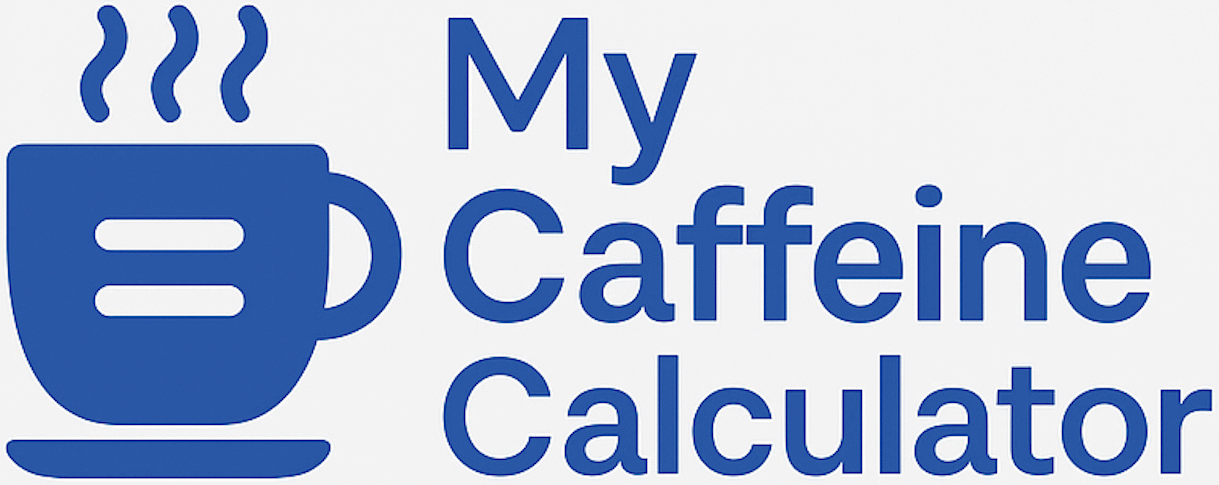Caffeine & Migraine Relief: Safe Dosing Guide 2025
1 – Caffeine & Migraine: Friend or Foe? Dual nature: In moderate amounts (40-130 mg), caffeine is a proven adjuvant pain-reliever. Above ~300 mg/day, it triggers “withdrawal migraine.” Prevalence: 1 in 7 migraine sufferers self-medicate with coffee first (American Migraine Foundation, 2024). FDA stance (2025): Caffeine is “Generally Recognized as Safe” up to 400 mg/day … Read more
